CASOS DE ESTUDIO
JUSTICIA RESTAURATIVA
* Para referencias de imágenes, desplácese hasta la parte inferior de la página.
Author of case study: Greg Labrosse
Geopolitical location of space:
2001 Saint-Laurent Boulevard
Montréal, Québec
(since 1995)
Extant? Yes
Architect:
Original architect: unknown
Building renovation: Jacques Coulloudon (2011)
Renovation financed by: Stratégie des partenariats de lutte contre l’itinérance (SPLI)
The First Peoples Justice Center is housed within the Native Friendship Center of Montreal and opened its doors in the spring of 2017 for service provision. It was incorporated in 2014 following the “Aboriginal Justice in the Greater Montreal Area” report by the Justice Table of the Montreal Urban Aboriginal Community Strategy Network (March 2013). The report highlighted the lack of continuum of services for Indigenous peoples in Montreal in conflict with the law. It also highlighted the absence of alternatives and of a community approach to justice based on Indigenous principles and cultures.
For over 40 years the Native Friendship Centre of Montreal has provided continuous services to the urban Indigenous population of Montreal and their families and is the only comprehensive service and referral point in the Greater Montreal Area (GMA) in relation to health, social services, legal, orientation/information, education, training, and employment referral for those migrating to or through the city including those from across Quebec, Canada, and the Americas.
Yes. The First Peoples Justice Center currently works towards developing alternative healing options for Indigenous persons involved in the justice system in Montreal. It also supports Indigenous people through active listening, referral and accompaniment to municipal court appointments and processes (for example, Gladue reports).
Services offered:
The First Peoples Justice Center of Montreal’s mission is to work in partnership with the Indigenous community and the justice system in Montreal to:
1. support, inform and empower Indigenous persons in addressing their justice issues and in continuing their transition to a healthy and balanced quality of life.
2. indigenize the justice systems, including educating key players, to engage with Indigenous persons in a fair, culturally respectful and restorative way.
Opening hours:
Monday: 9am-5pm
Tuesday: 9am-5pm
Wednesday: 9am-8pm
Thursday: 9am-5pm
Friday: 9am-4pm
Saturday: closed
Sunday: closed
Yes, it supports Indigenous people through active listening and alternative healing options for Indigenous persons involved in the justice system in Montreal.
Members of the Indigenous community of Montreal and the surrounding region.
The site is open to the public, but the center is focused on offering services to members of the Indigenous community.
The First Peoples Justice Center is located within the Native Friendship Center building at the corner of St-Laurent Boulevard and Ontario Street. The historic three-story building (built in 1903) used to be a branch of the Banque du Peuple and its design is representative of the Beaux-Arts architectural style popular at the time (most notably for the pilasters and large windows of its southern façade).
Inside, the building has been divided into several functional spaces: the welcoming area on the first floor, the mezzanine (where food services are found), and the offices located on the top floor.
Due to its location right in the heart of the city, the Native Friendship Centre offers Montreal’s Indigenous community a number of essential services and plays a vital role in attending the needs of Indigenous people living in precarious conditions. As such, it not only offers paralegal services, but also a day centre, where coffee, soup, bannock, and a safe space are available.
According to Quebec’s Commission des droits de la personne et des droits de la jeunesse, the Indigenous population in Montreal is one of the most discriminated-against groups in the city. The overrepresentation of Indigenous peoples in Canadian jails is a growing problem, and their number has more than doubled in the past fifteen years. According to the Correctional Investigator’s 2015 report, a quarter of men in Canadian federal prisons are Indigenous. It’s even higher for women. Nearly 36 per cent of female federal inmates are Indigenous, while less than five per cent of all Canadians are Indigenous.
“A lot of the people caught up in the justice system in Montreal are vulnerable. They’re living on the street, they can’t afford a lawyer, they get legal aid and a lot of times we discover that if the least bit of work had been done, a plea bargain could have been made,” says Wayne Robinson, the centre’s former president.
“Fundamentally, the friendship centre is a space for reconciliation,” says Joannie Caron, a spokesperson for Quebec’s network of friendship centres, the Regroupement des centres d’amitié autochtones du Québec.
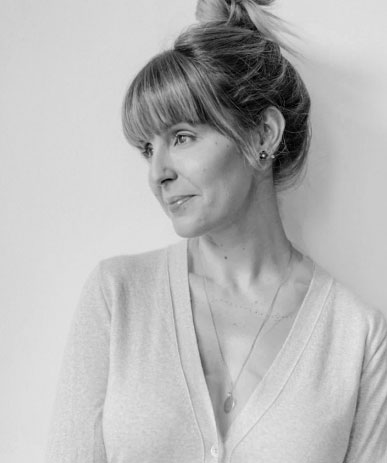
es autora, conferencista, columnista y podcaster en los campos de la arquitectura y las artes decorativas. Obtuvo su un pregrado en Comercio con especialización en Marketing de la Escuela de Negocios John Molson y actualmente se encuentra realizando su maestría en Historia del Arte en la Universidad de Concordia, Montreal. Además, estudió Psicología Industrial en Los Ángeles, California y es autora de dos libros sobre diseño (2015, 2018) publicados por Les Éditions Cardinal.
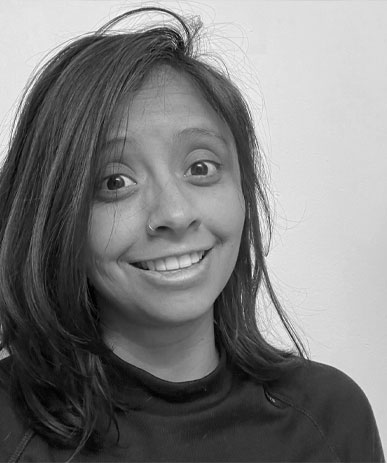
es colombiana, candidata a doctorado en el Departamento de Historia del Arte de la Universidad Concordia. Tiene experiencia en diseño arquitectónico y activismo comunitario y es maestra en Construcción y Diseño Urbano de la Escuela de Arquitectura Bartlett, Londres, Inglaterra. Sus intereses se centran en el arte y movimientos sociales, el activismo colaborativo en escenarios de posconflicto, el arte colectivo y el arte producido en relación con el entorno construido.
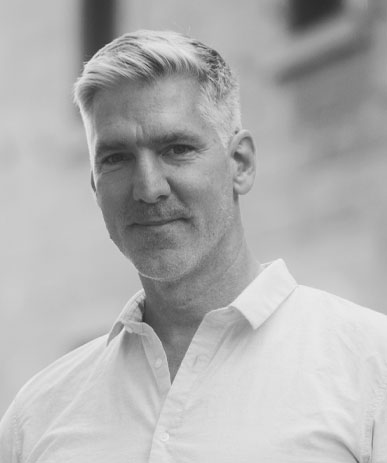
es candidato a doctorado en Humanidades de la Universidad de Concordia, enfocado en la agencia espacial, la estética social, las narrativas juveniles y las representaciones gráficas de la memoria urbana. Ha publicado sobre la relación entre los niños, el juego y el espacio público en Cartagena, Colombia. También ha trabajado como editor en proyectos literarios, entre ellos Territorio Fértil, que recibió el premio María Nelly Murillo Hinestroza de literatura afrocolombiana.
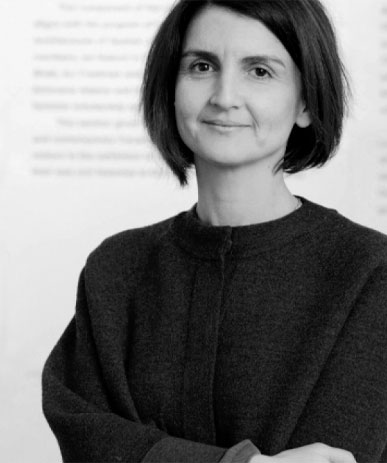
es profesora asociada y Catedrática de investigación de Canadá para la arquitectura de espacios de Justicia (Tier 2) en la Escuela de arquitectura Peter Guo-hua Fu de la Universidad de McGill University, Montréal, Canada. Se enfoca en la investigación de viviendas en entornos de bajos ingresos, diseño participativo, protesta civil, diseño urbano y paisajes y razas. Sus publicaciones incluyen el libro co-editado, Orienting Istanbul (2010) y el libro individual, Istanbul Open City (2018).
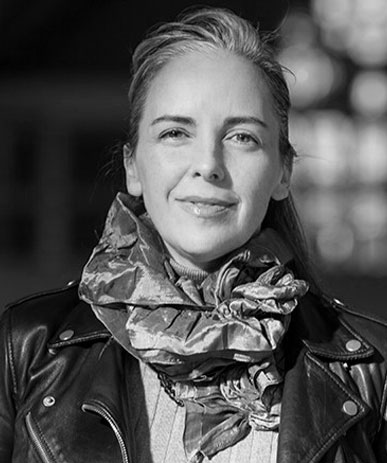
es una artista y profesora asociada y Catedrática de investigación de Canadá para la arquitectura de espacios de Justicia (Tier 2) en la Escuela de arquitectura Peter Guo-hua Fu de la Universidad de McGill University, Montréal, Canada. Se enfoca en la investigación de viviendas en entornos de bajos ingresos, diseño participativo, protesta civil, diseño urbano y paisajes y razas. Sus publicaciones incluyen el libro co-editado, Orienting Istanbul (2010) y el libro individual, Istanbul Open City (2018).

es el antiguo catedrático de Canadá en Historia Oral y performance (2016-2021), es profesor asociado al departamento de Teatro de la Universidad de Concordia y es codirector del Centro de Historia Oral e Historia digital (COHDS). Por medio de la financiación de Canada Foundation for Innovation, creo en 2018 el Laboratorio de actos de escucha , un centro líder de investigación y creación para el poder transformador de escuchar.